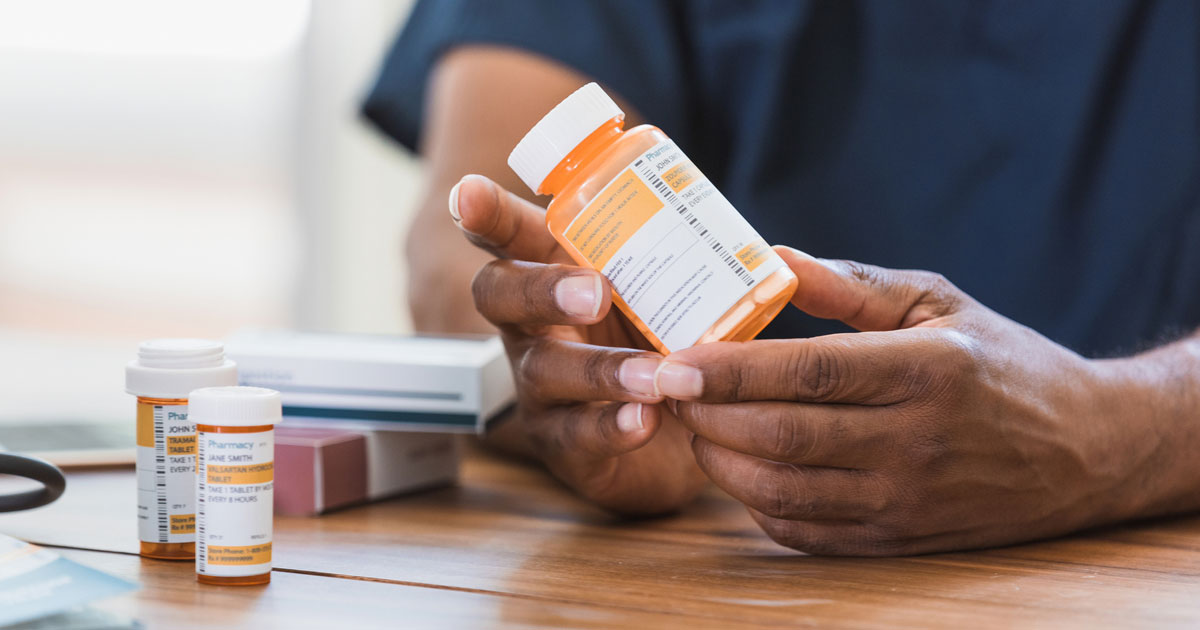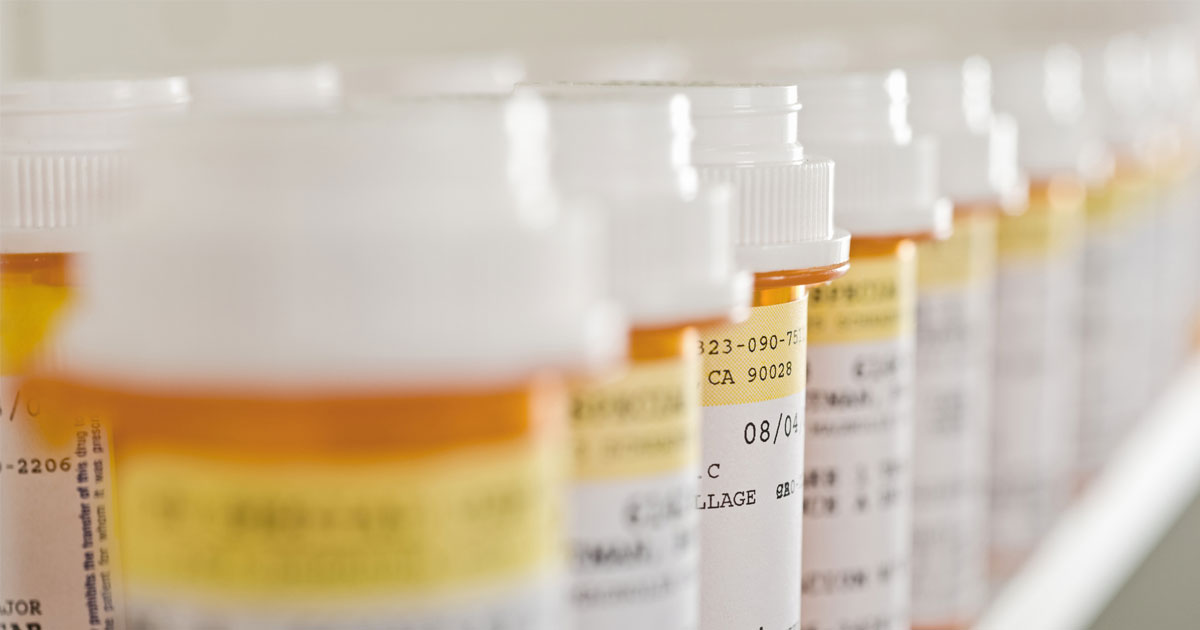Medication management is an approach to SUD treatment designed to provide support to individuals who are working towards sobriety as they cease the use of addictive substances. Medication management involves the use of various FDA-approved medications both to ease the transition to sobriety and treat mental health. These medications help to restore chemical balance in the brain, improve focus, and minimize or eliminate the effects of withdrawals.
By addressing chemical imbalances caused by substance use and altering the way addictive substances interact with the brain, people with SUD can stop using substances safely. Similarly, by addressing the way underlying mental health conditions contribute to and are exacerbated by SUD, people can focus on the process of recovery rather than mental health symptoms. Medication management ensures that each person in a treatment program is receiving the right type of care for their specific needs. This helps to improve outcomes, minimize side effects, prevent relapse, reduce patient turnover, and help create an environment for long-term sobriety.
What Is Medication-Assisted Treatment?
Medication-assisted treatment, or MAT, is the most used term in reference to medication management. Medications for substance use disorders can provide needed support throughout the recovery process. MAT relies on the strategic use of pharmaceutical medications to help ease the treatment process of an individual suffering from an addiction, particularly during detox and tapering. The medications and dosage used will vary depending on the needs of the person and their substance(s) of choice, but its purpose is to help reduce cravings and mitigate the symptoms of withdrawal. This type of treatment most often addresses alcohol and opioid use disorders.
It’s important to note that medication management relies on more than just using medication to support an individual in recovery. A medication management program is used alongside many other treatments and therapies to help build strategies to achieve and maintain a sober existence. In other words, medication management is part of a larger treatment program that also includes counseling, behavioral therapy, and other treatments and therapies that support sober living. Treatment is designed to provide the necessary tools for preventing relapse in the future.
How Medication Management Helps With Recovery
Medication management can help individuals avoid relapse as they eliminate drugs and alcohol from their systems and routine and begin the work of recovery. In fact, one of the most common reasons people relapse early in recovery is due to the abrupt changes that happen to them physically, mentally, and emotionally. Some of these changes can be attributed to symptoms of withdrawal, while others may appear as the individual begins once again to experience mental health symptoms or real-life situations they were attempting to escape.
Medication-assisted treatment is vital in preventing withdrawal symptoms or the fear of withdrawal from leading to relapse. The medications used at this stage of treatment are designed to minimize the brain and body’s reaction to the absence of the substance the individual had become dependent upon. This can ensure a safer, more comfortable recovery.
In later stages of recovery, medications can help to prevent relapse by combatting the pleasurable effects of substances. For example, individuals typically use pain medications recreationally due to their calming or euphoric effects. Certain medications can be used to prevent the substance from interacting with the pleasure and reward center in the brain. When the desired effect can’t be achieved, it minimizes the temptation to relapse.
Dealing with Withdrawal
The primary short-term application of medication management is to address the issue of withdrawal. Substances like alcohol or opioids are extremely addictive because they interact with receptors or neurotransmitters in the brain that induce a state of euphoria, pleasure, satisfaction, or even emotional numbness. It doesn’t take long for the brain to begin to rely on the presence of the substance to achieve these feelings.
Over time, the brain’s chemical balance is further disrupted, and the brain and body can no longer maintain normal function without the presence of the substance. Removing the substance abruptly can cause the imbalance to swing the other way drastically, manifesting withdrawal symptoms. Symptoms of withdrawal can range from minor discomforts such as flu-like systems to life-threatening medical risks such as hallucinations, seizures, and heart palpitations.
The presence of withdrawal symptoms is not only dangerous but also extremely uncomfortable. Unfortunately, even the mildest withdrawal symptoms can lead to relapse as the individual attempts to avoid them. Medication management helps address this issue by decreasing or eliminating side effects with the deliberate, precise introduction of medications to the system.
Harm Reduction and Long-Term Care
As mentioned, medication management goes well beyond the short-term relief of withdrawal reduction. Medication management is a beneficial treatment option to support long-term sobriety, as well. Many substance use disorders can be traced back to mental health issues, life stressors, and other instances that lead to the desire to self-medicate. Dependence can also develop over time as individuals become dependent on prescription medicine taken for legitimate reasons. Medication management can provide continued support following detox and initial therapy as people begin to encounter these issues once again.
The goal of any SUD treatment program should be to heal and support the entire individual. This means not only addressing the effects of substance use on the body but also addressing where the substance abuse disorder began. Medications may be used during treatment to treat underlying mental health issues and prevent them from triggering a relapse. This, coupled with a variety of tools a person can use when facing stresses or triggers, can reduce the risk of relapse.
Medication management also reduces the risk of potential harm associated with substance use. Relapse can occur as the individual chases a substance’s desired effects, such as euphoria or numbness. Medication management as a part of risk reduction can help prevent relapse and the harm associated with it. Many of the medications used during a medication management program block or alter the way a substance interacts with the receptors in the brain. This prevents individuals from feeling the euphoric high associated with the substance, or in the case of naloxone, reverses an overdose.
Medication Management for Opioid Use Disorder
Before the addictive potential of opioid medications was discovered, many believed they were dream medications for severe or chronic pain management. However, it didn’t take long to uncover how truly addictive these medications could become. The opioid crisis continues to affect communities around the world. Powerful drugs commonly sold on the street, including fentanyl, are only making things more dangerous for individuals who rely on untrustworthy sources when seeking cheaper alternatives to opioids. Drug sellers often mix or cut ingredients, which can prove deadly when unknown.
For many, opioid addiction begins due to a legitimate painkiller prescription for the individual themselves or someone in the home. While these medications do provide lasting pain relief, an individual may find them difficult to stop taking due to fear of pain returning. Others misuse prescriptions to achieve euphoric effects. Due to this issue, physicians must use precautions and monitoring when it comes to prescribing this medication. There are also programs and outreach options in place to help those seeking relief from opioid addiction disorder (OUD).
Finding recovery from OUD is not an easy road. Reducing or ceasing use without medical support in place can trigger severe withdrawal symptoms. This includes flu-like symptoms such as nausea, vomiting, diarrhea, muscle aches, and mental fog. Individuals can also experience tremors, insomnia, and other life-threatening reactions.
With the aid of medication management in a supervised addiction recovery program, a person can safely wean away from opioids. MAT medications can still offer the pain relief a person needs while preventing the euphoric highs that often cause long-term misuse. MAT allows the body and mind to heal in tandem, restoring chemical balances and reducing cravings. Medications can help to minimize withdrawal on a short-term basis, combat the risk of relapse by reducing cravings and eliminating the pleasurable effects of the drug, and help the individual reach long-term sobriety.
Medication Management for Alcohol Use Disorder
In our society, alcohol can be hard to avoid. We are bombarded with commercials and advertisements on a daily basis, and it can seem like everyone uses alcohol as a form of celebration as well as in times of sadness – especially in social settings. In addition, alcohol is one of the easiest harmful substances to obtain: all you need is a valid ID, and you can walk into almost any store or gas station and purchase an alcoholic beverage. There are also relatively few purchase limits.
Worse yet, alcohol consumption is commonly associated with a person’s ability to have “fun” in social settings. Many people also use alcohol to self-medicate when stressed, depressed, or faced with complex and difficult emotional situations. Whatever the cause may be, developing a dependency can not only be easy but it is often accepted by the individual’s social circle.
Unfortunately, alcohol is one of the most difficult and dangerous substances to stop using. Over time, the system becomes used to the presence of alcohol and can have trouble properly functioning without it. When trying to quit cold turkey, long-term heavy alcohol users can experience severe withdrawal symptoms like headaches, muscle aches, tremors, vomiting, psychosis, seizures, fluctuating heart rate, and other life-threatening issues.
Medication management for alcohol use disorder is designed to help the body find balance once again. Medications can address the immediate concerns of withdrawal by preventing the most dangerous and uncomfortable symptoms. Medications can also be used to address underlying mental health conditions and prevent relapse by reducing alcohol’s ability to cause intoxication and pleasure. Together, these medications can help an individual reach long-term recovery.
Medication Management for Stimulant Use
Stimulant dependence is a growing concern, especially due to the mental effects it can have on an individual. Stimulant misuse can speed up the body’s systems and alter the chemicals within your brain and body. Like opioids, stimulants cause the mind to send mixed messages to the body, creating an imbalance. This imbalance can affect how a person responds to a situation physically, mentally, and emotionally.
Acute or long-term stimulant use can cause a person to overreact, act chaotically, or become emotionally detached. However, the effects caused by withdrawal from stimulants can also be severe, including anxiety, depression, or even suicidal tendencies. MAT is vital in helping the mind to restore balance, offsetting the immediate symptoms of withdrawal. These medications can also help to prevent the desire to relapse.
Typical Medications Used in Medication Management
Medication management can incorporate one or more of a variety of medications, depending on the substance of choice and the individual involved. In fact, medication management must be carefully tailored to the needs of each individual. Common medications used in medication management include the following:
Vivitrol
Typically administered as a once-monthly injection, this medication is non-addictive and can help individuals recover from alcohol and opioids. This medication is designed to block the pleasurable sensations caused by both substances by preventing the substance from binding with the receptors in the brain. This medication can help reduce cravings which reduces the risk of relapse.
Methadone
This medication has a long history of helping individuals overcome opioid use disorder. Methadone alters the way that the brain and nervous system respond to pain, which is vital in helping individuals who rely on opioids for their pain relief stop using those substances. This medication reduces the risk of withdrawal and blocks the euphoric effects of opioids. Methadone is available in a variety of forms, including pills, liquids, and wafers.
Buprenorphine
This medication is used to address opioid use disorder and is a popular choice among medical professionals and recovery centers. Buprenorphine works differently than other medication management options in that it doesn’t completely block the effects associated with opioids. Instead, it provides a weaker sensation, which reduces the effects of withdrawal and physical dependency. Unfortunately, some people may misuse buprenorphine in an attempt to achieve euphoria, which led to the creation of another medication: Suboxone.
Suboxone
Suboxone is a medication created by combining buprenorphine and naloxone (Narcan). Naloxone is known as an opioid antagonist, which means it binds to receptors in the brain and blocks opioid effects. Together with buprenorphine, naloxone works on the brain’s receptors and prevents euphoria and overdose.
Acamprosate
This medication is designed to help individuals who want to stop alcohol use. It is designed to help prevent the desire to drink, but it is not designed to prevent withdrawal symptoms. The introduction of this medication often begins five days after ceasing use and takes up to a week to reach its full desired effect.
Disulfiram
This medication is used for individuals who need support while treating chronic alcohol dependency. It is intended for use once the individual has already stopped drinking. This medication primarily works by creating undesired side effects if an individual chooses to drink. It can cause chest pains, nausea, headache, and vomiting within just ten minutes of any alcohol consumption.
When the above medications are used in medication management in conjunction with other therapies, including counseling, psychotherapy, group therapy, and holistic therapies, they can be a vital component of a successful treatment program. However, it is essential that any medication management program be carefully tailored to the individual. Choosing a treatment program that considers the needs of the whole person can help improve your chances of a successful recovery.
Getting the Most Out of Medication-Assisted Treatment
As with any treatment program, what you put in is often what you get out. That’s why medication-assisted treatment is not designed to be your only form of support but rather one aspect of a comprehensive treatment program. MAT is designed to help you address the overwhelming effects of withdrawal that can make it difficult to focus on other forms of treatment. Once withdrawal is in the past, medication management can help to support long-term sobriety by reducing the risk of harm and relapse.
It is important to have access to other forms of therapy to ensure you build the right tools and techniques to face the temptations and stressors caused by the real world after you leave treatment. Psychotherapy, counseling, and group therapy help to target the initial causes of the substance use disorder.
Relapse prevention and other therapies can help you recognize and address triggers with strategies you build while in treatment. Finally, the support system you develop while in treatment can help you stay the course long after treatment ends. Active participation in each of these aspects, plus careful attention to medications, can help you achieve long-term recovery.
Lilac Recovery Center Offers M.A.T.
Where you seek treatment plays a significant role in the success of your program, and Lilac Recovery Center provides high-end hospitality with cutting-edge health care to provide a range of luxurious treatment options and amenities. One of the most successful strategies used to reach long-term recovery is the application of medication management or medication-assisted treatment. MAT and long-term sobriety often go hand-in-hand.
From detox and residential treatment to outpatient and aftercare, our expert staff provides the support, education, and tools you need to achieve long-term sobriety. Contact us to learn more about luxury addiction treatment in San Diego.

CADC II, Certified AOD Counselor
Nora Jenkins has made the quality and committed care we provide at Lilac Recovery Center possible. Nora is experienced in providing care to assist in rebuilding relationships to support healthy, long-term recovery. Her professional background includes clinical management, program administration, and counseling.




